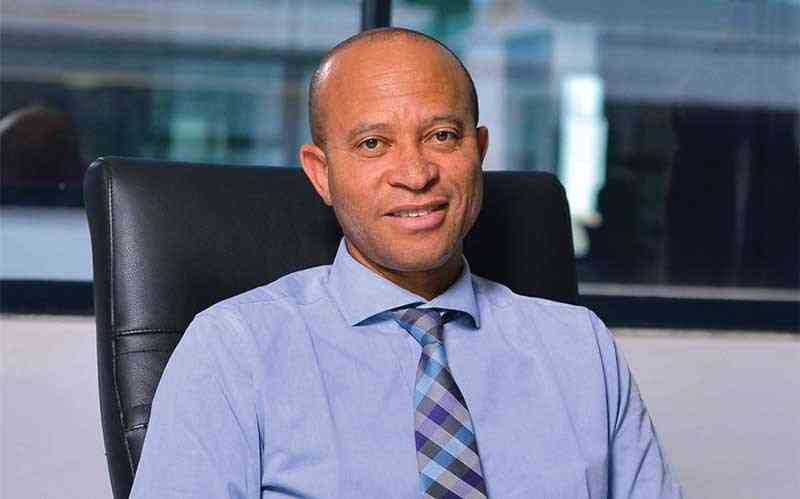
ZIMBABWE Investment and Development Agency (Zida) chief executive officer Tafadzwa Chinamo has urged the government to focus on stabilising state institutions and creating an environment that is conducive for the private sector to thrive.
State institutions have been blamed for the plethora of macroeconomic challenges facing the country amid policy inconsistencies.
Chinamo told Standardbusiness that it was important to stabilise inflation and exchange rates as well as create a predictable environment for the economy to thrive.
“To establish a mutual understanding, both parties—the state and private institutions—need to prioritise economic stability. This should be a key focus for governments,” he said.
“It is essential to have stable macroeconomic factors, including inflation, exchange rates, and an overall predictable environment.
“Such stability allows businesses to identify value and engage in commerce.”
He said a stable macroeconomic environment, characterised by predictable inflation rates and a steady exchange rate was essential for both local and foreign businesses.
“I believe we are currently witnessing the construction of many roads, which are typically not profitable ventures," he said.
- Mavhunga puts DeMbare into Chibuku quarterfinals
- Bulls to charge into Zimbabwe gold stocks
- Ndiraya concerned as goals dry up
- Letters: How solar power is transforming African farms
Keep Reading
“Essential services like water and sanitation also fall into this category,” Chinamo explained.
“This underscores the crucial role of government in establishing foundational infrastructure.
“While we expect corporations to act responsibly, it is vital that they also ensure the well-being of their employees and surrounding communities through social protection measures.
“When we consider these factors collectively it becomes evident that we often hold the government accountable when issues arise due to its failure to fulfil responsibilities.
“By analysing this situation we realise that to prevent such occurrences, we must acknowledge the significant role of government from the outset.”
The Zida boss said certain infrastructural developments such as roads and sanitation often fell outside the profit-driven motives of private enterprises.
He said this necessitated government intervention to provide essential services, which were vital for creating a conducive business environment.
“As a nation, we share a vision that prioritises certain investments. In this prioritisation we recognise that our people need improvements in their quality of life, infrastructure and overall stability,” Chinamo said.
“Therefore, any investor whose goals align with these needs will find a natural fit.
“We understand where investments should be directed and it is crucial for the government to contribute by fostering a stable environment and ensuring a level playing field for businesses.”
He said Zimbabwe must learn from its past mistakes in policy formulation and implementation.
“Changes to the environment should be implemented gradually as abrupt shifts can disrupt the status quo,” Chinamo added.
He said ensuring the well-being of employees and surrounding communities not only supported a healthy workforce, but also enhanced overall economic productivity.
Chinamo said as Zimbabwe continued to seek investment opportunities, the dialogue around the role of state institutions remained central to the country’s development strategy.
“It serves as an enabler for both sides. The mediating aspect is crucial because our expectations of what companies should provide may sometimes be unrealistic,” he said.
“Therefore, the government has a responsibility to ground those expectations in reality, reminding us that companies ultimately exist to generate profit while also acknowledging their broader roles.”










